In his article, Sefer Levent states that statements made last week by two prominent figures in the iron and steel sector revealed that 2026 will be a critical turning point for this strategic sector.
The Tosyalı Group is one of the most important players in the global market with its massive investments both in Türkiye and abroad. Fuat Tosyalı, who heads the group, also serves as the president of the Mediterranean Ferrous and Non-Ferrous Metals Exporters Association (ADMİB). In his statement evaluating the sector's export figures for September, ADMİB President Fuat Tosyalı issued a critical warning:
"Carbon costs will be added to our exports, especially with the financial obligations of the Carbon Border Adjustment Mechanism (CBAM) set to begin in 2026. Sectorally, the European Union anticipates an additional cost of around 60 euros per ton for steel imports from outside the union. In addition, the European Union has begun taking steps to make market entry more difficult by lowering quotas and increasing taxes. As a country, we need to negotiate this issue with the EU, led by the relevant ministries and sector organizations. Every step taken in a strategic sector such as steel will be very important and will affect all other sectors and our country's economy."
Uğur Dalbeler, General Manager of Çolakoğlu Metalurji and Vice President of the Steel Exporters Association, has taken over the presidency of the World Steel Association (WSA) for the 2025–2026 term, in addition to his role as an executive board member representing Europe since 2020. He also served as vice president during the previous term. Dalbeler has assumed the presidency during a challenging period. (World Steel Association), which covers 85% of the global steel industry. He had also served as vice president during the previous term. I asked Dalbeler, who took on the presidency during a challenging period, for his assessment of the iron and steel market.
WE HAVE AN ADVANTAGE, BUT...
Drawing attention to the CBAM, which will come into effect in the EU in January 2026, Dalbeler said, "The carbon tax that will be applied to imports is very important. Although we have an advantage over our competitors, it is expected to have a negative impact on us as well due to its negative effect on the costs of imported products. In recent years, the EU has provided billions of euros in state aid to the steel sector as part of its decarbonization policies. This is because the EU steel sector is currently on the verge of collapse. We, on the other hand, have come this far without receiving any incentives since 1997, when we signed the AKÇT."
Noting that Trump, who imposed a 25 percent tax on steel imports in his first term on national security grounds, increased this tax to 50 percent in his second term and expanded the list to include steel derivatives, Dalbeler said, "China, which has increased its exports from 60 million tons to 120 million tons as a result of the contraction in domestic demand, is an unbeatable supplier in other markets. It is impossible for us to compete with a rival whose entire sector is under state control and has no concept of cost. The current situation, geopolitical and economic uncertainties, and rising energy and labor costs are negatively affecting all steel sectors outside the US and reducing capacity utilization rates."
He then listed the sector's expectations as follows:
“As the Turkish steel sector enters what will be a very challenging year, urgent steps must be taken to eliminate the unfair competition created by imports from countries such as China and Russia. On the other hand, negotiations must begin with the EU to ensure that Türkiye is exempt from this new regulation under both the AKÇT and Customs Union agreements.”
These are the concerns of two important figures in the iron and steel sector regarding 2026. With US President Trump's counter-statements, CBAM has fallen far down the agenda both globally and in Türkiye. However, the calendar is ticking away. As Türkiye, the steps we take regarding the strategically important iron and steel and other sectors can give us serious advantages in international competition. Be careful!
$21 BILLION IN EXPORTS IN 9 MONTHS
The iron and steel sector continued its export growth in September, demonstrating resilience against global fluctuations. With an export volume exceeding $21 billion in the first nine months of the year, the sector accounted for approximately 11% of Türkiye's total exports.
ADMİB President Fuat Tosyalı said, “We expect stronger momentum in exports in the last quarter due to the recovery in demand in Europe and the impact of our intra-regional logistics advantages. Our goal is to both maintain our position in existing markets and establish a permanent presence in emerging regions.”
TO BE LAUNCHED IN JUNE
As a result of the decline in production in GERMANY, the Turkish steel industry has become Europe's largest steel producer this year. This position also earned Türkiye the title of the world's 7th largest steel producer. Pointing out that the iron and steel sector is responsible for 7% of global carbon emissions, World Steel Association President Uğur Dalbeler continued:
"Türkiye is in an advantageous position due to its production with 75% lower emissions. The EU has been applying protective measures in the form of tariff quotas on steel imports since 2019 and is creating more restrictive conditions for quota amounts each year. The new package of protective measures, which is expected to come into force after June 2026, includes a 50% reduction in the current quota amounts and a 50% increase in the 25% tariff applied to imports outside the quota. As the proposed new package is based on 2022-2024 data for quota amounts, compared to 2025 figures, this new measure means a decline of over 60% in exports for Türkiye.


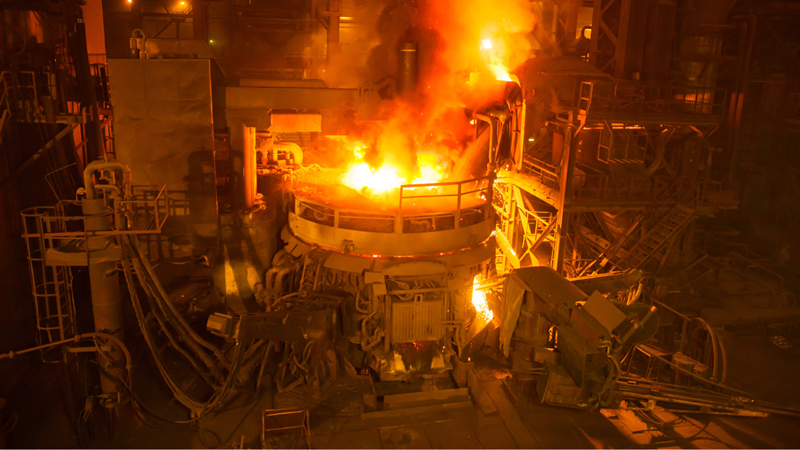

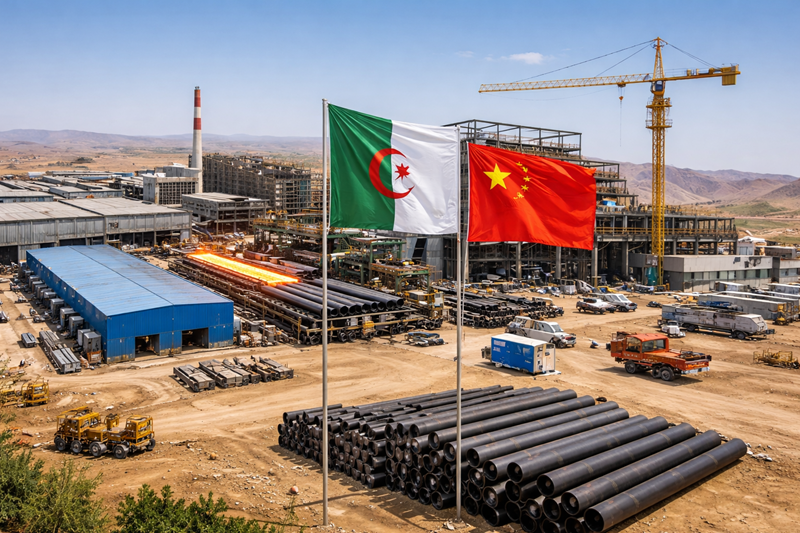
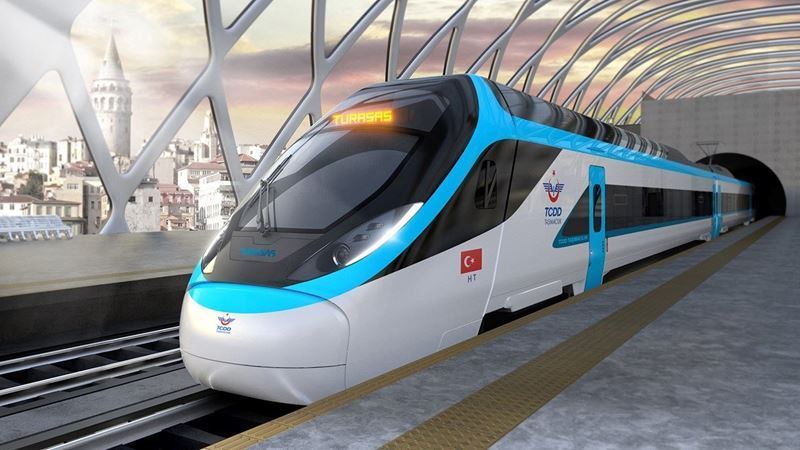
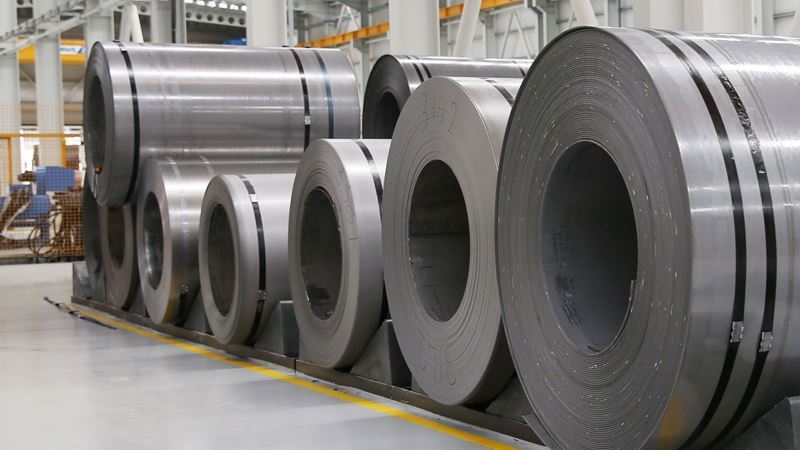
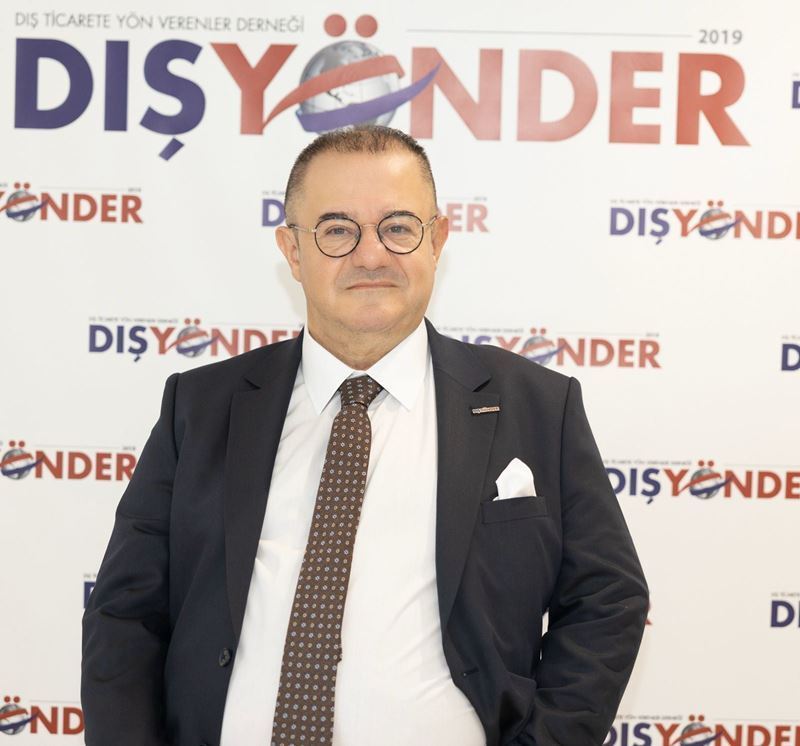
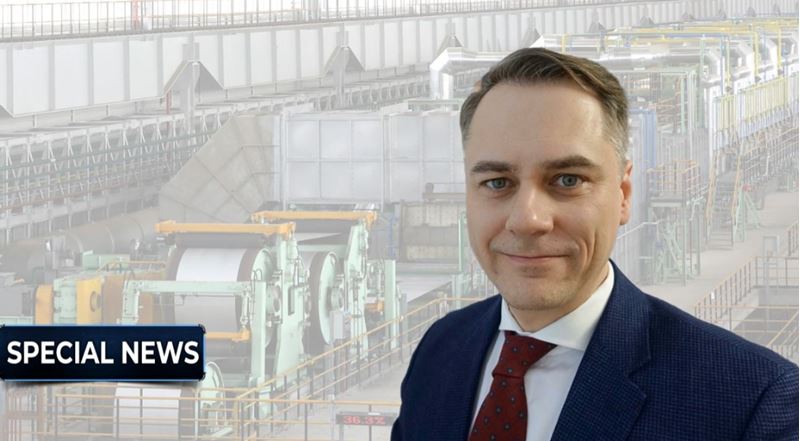


Comments
No comment yet.